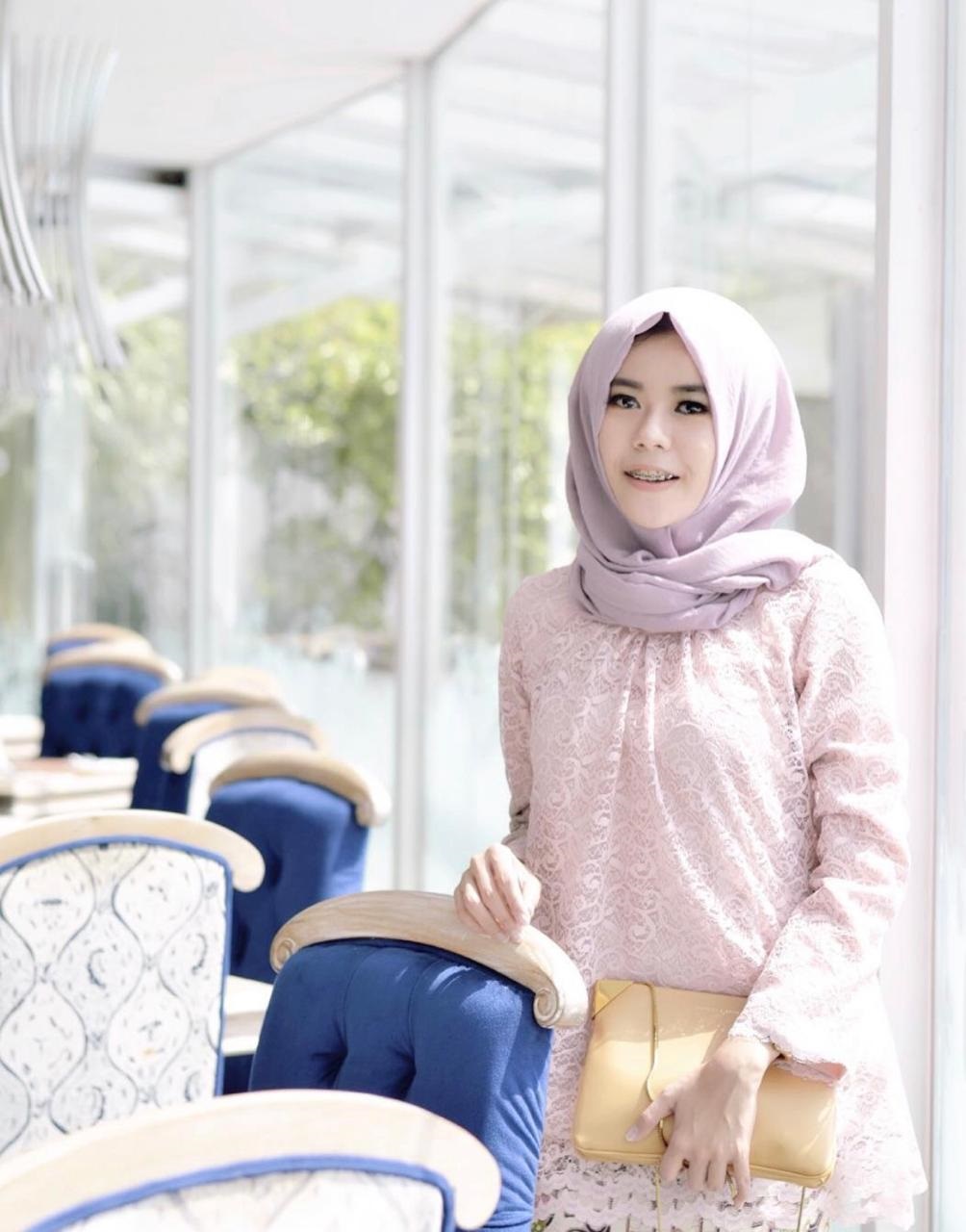The energy of youth
Starting a business at the age of 23 is an admirable achievement in anyone’s book. For Rina Wiji Astuti to do so in a male-dominated field, where women are still underrated, is something to be proud of.
Rina’s company, Batex Mandiri, produces rechargeable lithium batteries. These little packages of technology power everything from electric bicycles to street-lamps. The catalyst for Rina’s path occurred in her final year of university. The Indonesian government challenged technology students to build an electric car. Rina was part of the team designing the energy storage for her university’s prototype.
Soon after, Rina won a grant to start her own business in this field. The grant provided $17,500 in startup capital, a one-year incubation program, and regular training. Rina’s company received mentorship from the largest energy business in Indonesia, Pertamina. Rina’s company received projects through this partnership that helped them find their feet in the energy market.

Life as a businesswoman
Five years on, 28-year old Rina balances her role as CEO with running a second business in fashion and her responsibilities at home. When asked about the challenges facing businesswomen in Indonesia, Rina thinks that the attitude of her husband is key. “My husband is a great support to me,” Rina explains. “If a woman got married and her husband said she can’t do this and can’t do that – she wouldn’t be able to achieve anything.” Rina also considers herself lucky in her work environment. Some of her friends have ended up in toxic workplaces, facing gender discrimination on a regular basis. “I don’t know what people say about me behind my back,” Rina laughs, “but at least they are pleasant and respectful to my face.”
Gender has had an influence on the human resources structure within Rina’s business. The manufacturing division employs mostly men, but the admin and marketing staff are women. As a female boss, Rina finds it easier to work with women on a day-to-day basis, as she can talk with them to sort out any problems. It is more acceptable to undertake work trips with female colleagues.
Continuous development
The company works at the forefront of energy tech, but lags behind in digital marketing. Their main clients are manufacturers of battery-powered products such as power banks, torches, and children’s toys. They acquired these contracts through projects they won, and have never needed to advertise. But Rina feels that expanding their client base is the next step for leading the company forwards. She has recently invested in new branding and launched a company website. She hopes that future customers will be able to make orders through a simple online form.
Rina is aware that there are skill areas she needs to improve within her company to meet this new digital era. As well as business development training, she would like to learn social media marketing skills. She finds that training available online, such as webinars and courses, provides flexible access to the learning she wants. Rina stays connected with other entrepreneurs through social media like Instagram. She also maintains close ties with her lecturers from University; they are welcoming when she wants to brainstorm with them.
Expanding the business to meet a new range of customers will take investment. Her company has caught the attention of big businesses, keen to invest in green technology. But Rina is weighing her options, cautious about inviting investors on board too soon. She wants to wait until her product is mature before exploring these possibilities.
The challenges of 2020
Undeniably, the Covid-19 pandemic has had an impact on Rina’s business. The lockdown closed Rina’s factory, meaning a delay for all pending projects. Even when the lockdown lifted, social distancing in the factory reduced their output. “Honestly, there is always the worry of falling behind our competitors,” Rina explains. “We rely on our workers, but there are factories in Germany and China that are automated with robot technology with minimal manpower. They are able to keep up their production levels while we have had to reduce ours.”
But the pandemic has brought a shift in work culture that Rina welcomes. Instead of taking business trips out of town to meet customers and sign contracts, all this is now handled online. Rina is working from home, attending to her family whilst running her business. Rina finds this change to be a breath of fresh air. She has always prioritised her family, but admits the multitasking can be stressful. “You have to get the balance right,” she says. ”Otherwise you can’t focus at work because you’re thinking of the kids, and you can’t focus at home because you’re thinking about work!”
Final word
Rina’s advice to other women entrepreneurs is to keep up to date to stay ahead of the competition. “Read books, read articles, read business forums. Read whatever is relevant to your field so you can make sure your product stays ahead. The internet gives us equal access to all this information. We need to make the most of it so we don’t get left behind.”
